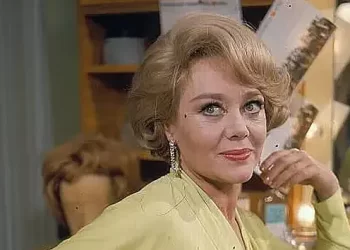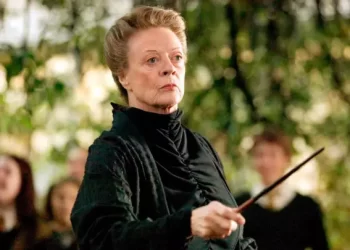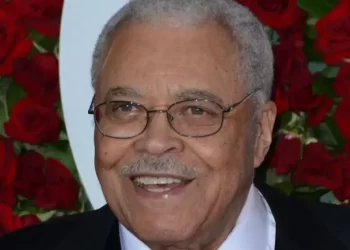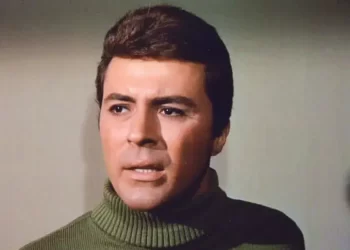 Mr. Roundtree’s death was confirmed by his longtime manager, Patrick McMinn, and his agency, Artists & Representatives Agency.
Mr. Roundtree’s death was confirmed by his longtime manager, Patrick McMinn, and his agency, Artists & Representatives Agency.
“Richard’s work and career served as a turning point for African American leading men,” McMinn said. “The impact he had on the industry cannot be overstated.”
Roundtree was a cancer survivor. Although he was initially quiet about it, Roundtree later became an advocate for raising awareness of the disease.
Working with Richard Roundtree was a dream. Getting to hang with him & our Being Mary Jane family was always a good ass time with the best stories & laughs. He was ALWAYS the coolest man in the room with the BEST vibes & ppl would literally run over to come see him. He was simply… pic.twitter.com/1N8fHVDsA6
— Gabrielle Union (@itsgabrielleu) October 25, 2023
“Not talking about my cancer was really tough,” Roundtree told ABC News in a 2007 interview. “And now that I do talk about it all the time, it’s really become a backhanded blessing. I was getting on a plane recently, and a flight attendant ran up to me and said, ‘You saved my husband’s life.’ ”
Born in New Rochelle, New York, in 1942, Roundtree made his silver-screen debut in 1971 with his starring role in the Gordon Parks-directed “Shaft,” which followed the exploits of private eye John Shaft. The low-budget movie rocked the cultural firmament like an earthquake.
“Shaft” was made for $500,000 and grossed $13 million, nabbing a Best Original Song Oscar® for Isaac Hayes, who composed the title track. Soon, the floodgates would open, releasing a deluge of so-dubbed Blaxploitation movies throughout the 1970s.
Read More About Richard Roundtree










